
Starting June 1st, 2023 Our warehouse fee will be $0.65/cubic foot per month
In effort to lower the warehouse storage fee during inflation, we have went narrow aisle racking.This construction took us four months but the project is finally completed. With narrow aisle racking, we are able to drop storage by 24%.We as partners will go through this inflation together.
12/21/2023
Importing and exporting commodities is a crucial component of many small and major enterprises. Even while there are many commercial prospects when exporting overseas, it can be highly intimidating. It could appear unclear if you've never heard of freight forwarders. Is this a distribution manager? Is it another name for a transportation company that carries freight? Is it an export and import service partner? To put it bluntly, none of these apply to freight forwarders. But they do accept accountability for all of the aforementioned and more. Continue reading for a thorough analysis of freight forwarders. Worldcraft Logistics break down the intricate logistics of logistics in this guide.
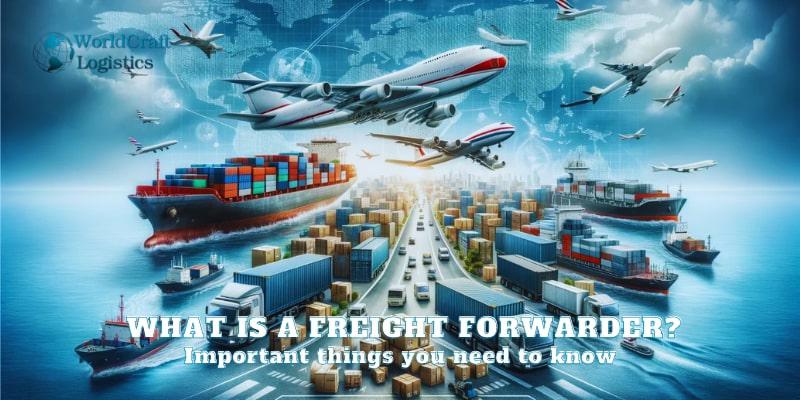
A freight forwarder (FWD), also known as a forwarding agent, is an individual or a company that, in exchange for a fee, coordinates shipments on behalf of the shipper (the party arranging the item for shipment) by collaborating with carriers (entities responsible for transporting goods). The forwarder does not physically transport the goods but operates as an intermediary within the logistics network.
Carriers employ various shipping modes, such as ships, airplanes, trucks, and railroads, often utilizing multiple modes for a single shipment. For instance, the freight forwarder may arrange the transportation of cargo from a manufacturing plant to an airport via truck, have it flown to the destination city, and then transfer it from the airport to the customer's facility using another truck.
International freight forwarder meaning with typically specialize in managing international shipments and possess additional expertise in preparing and processing customs documentation, along with conducting activities related to international logistics.
A company that arranges goods for shippers is known as a freight forwarder. Generally speaking, freight forwarders offer a range of supply chain services, including:
Freight transportation by air or the ocean
Transportation by land from one place to another
Getting documents ready
Organization and reorganization
Insurance for cargo and compliance with customs
The majority of freight forwarders use their own waybills or bills of lading when shipping. Destination agents, or foreign freight forwarders, then take over. These agents offer collection or delivery, deconsolidation, and document delivery. A freight forwarder, to put it simply, is a company that coordinates the import and export of commodities.
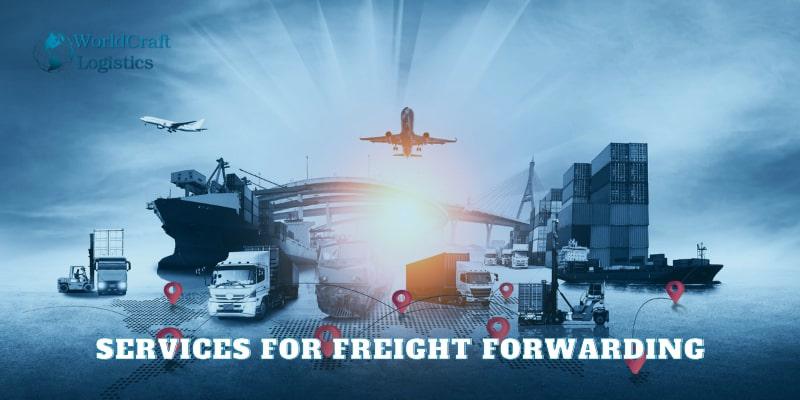
The following is a summary of the services offered by freight forwarders so that you may plan your upcoming cargo with assurance:
They are in charge of all the paperwork, reservations, and payment arrangements for each portion of the shipment that they must prepare.
Interact on your behalf with trucking firms, air cargo carriers, and any other logistics providers engaged in the shipment, among the many other parties involved in the shipment.
Offer a customs brokerage service, which entails acting as your representative while interacting with customs officials and serving as both a clearing and forwarding agent.
Troubleshooting should the package encounter any problems.
They will go over everything you need to know, such as the status of the shipment and important freight paperwork, when you first make a reservation. Since they are the professionals, they ought should be able to assist you with any other freight-related questions you may have.
When necessary, provide guidance and a discussion of various freight shipment choices.
You should be updated on the shipment's progress, particularly if there is any chance of a delay.
The logistics of exporting cargo internationally involve numerous factors. While freight forwarders manage shipments, it's important to understand what they don't do as well. This can then have a negative impact on the services they provide to customers and shippers. When it comes to freight forwarders, there is one golden guideline to keep in mind. Most of the time, the cargo is not really moved by freight forwarders.
Rather, freight forwarders function as middlemen. They stand between shipping clients and the cargo-moving services. This applies to rail services, air freight, sea freight, land transportation, and more.
In order to negotiate the best price for cargo moves, freight forwarders make use of their current connections. These actions take place through a contract/bid process, which is the most efficient path. Finding a carrier that offers the finest combination of price, speed, and dependability is the ultimate objective. They also take care of the logistics involved in international commodities shipping. The majority of clients find this to be a challenging task.
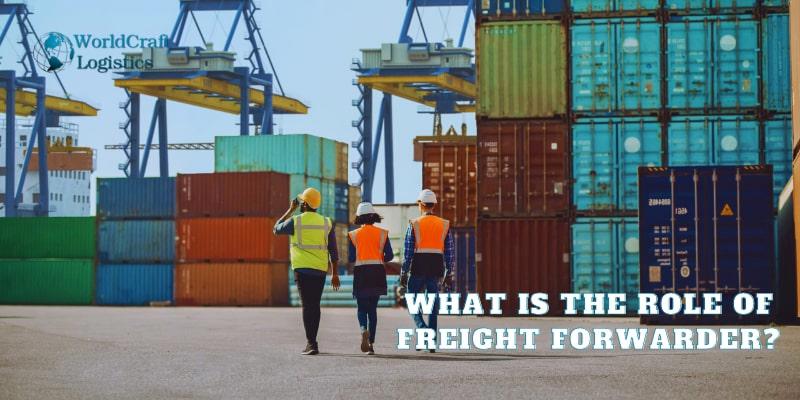
Freight forwarders and freight brokers have different functions, despite the fact that they are occasionally used synonymously.
A freight broker acts as a go-between, bringing shippers and carriers together. They don't accept ownership or accountability for the freight. This implies that if problems occur or the goods are damaged, they are not responsible for any claims. An agent that handles freight registers with the Federal Motor Carrier Safety Administration, or FMCSA. To safeguard their assets in the event of loss or damage, they have their own insurance.
On the other hand, freight forwarders will hold actual cargo for their clients. They also make plans for the cargo' transportation. Under their own bill of lading, they ship freight but offer the same services as freight brokers. They also handle insurance and warehouse storage for the freight. Generally speaking, forwarders don't own the ships or machinery that are being used to transfer freight. Nonetheless, other businesses, such as Crowley Logistics, are the owners of the ships and machinery.
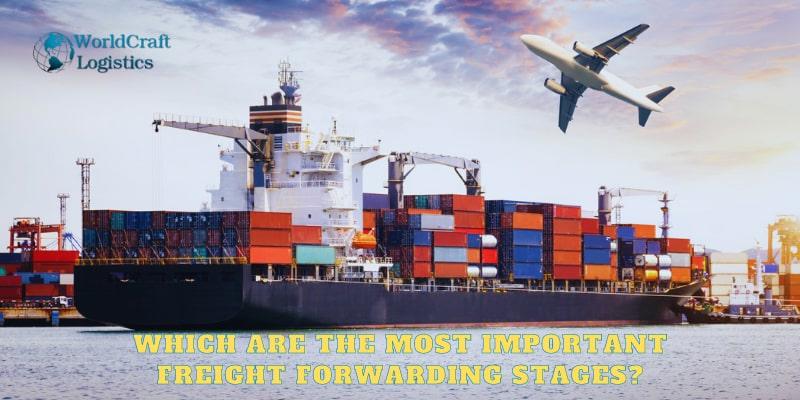
The procedures for forwarding freight are as follows:
Export haulage is what freight forwarders refer to as the initial step of the operation. When a transportation provider delivers goods from a business to the freight forwarder's warehouse, this happens. This process is typically completed by trucks, although the mode of transportation used will rely on the materials the company sends and how far it is to the warehouse. The package may take many hours or days to arrive.
Customs officials in the country of origin of the commodity must authorize the departure of an international shipment before it may enter another nation. Agents can verify that the product and related documentation match by looking through both of them. Before permitting the goods to leave the nation, they also verify its safety and legality. To handle this part of the procedure, a lot of freight forwarders work with customs brokers.
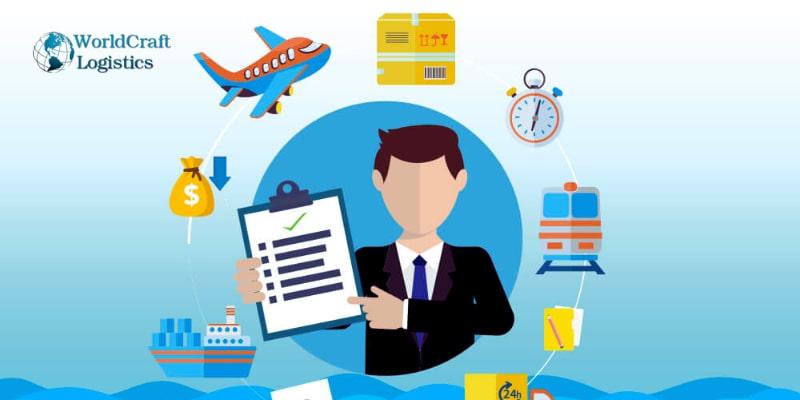
The process of unloading products into the warehouse by the receiving crew is referred to as items checkpoint, or origin handling. They verify that the products match the booking paperwork for the order and examine the goods to ensure they arrived undamaged. The team responsible for freight forwarding additionally verifies that the intended destination will accept the shipment. There are limitations on some items, particularly if they are being shipped to a nation different from their place of origin. These goods could consist of:
Liquids that can catch fire: Because of their potential risks, gasses, lighter fluid, acetone, and even perfume must be shipped under tight guidelines.
Drugs: Freight forwarders don't ship recreational drugs, and pharmaceuticals frequently need to be transported in a climate-controlled environment.
Alcohol: Since state and national alcohol laws differ, freight forwarders must adhere to particular guidelines while shipping alcohol.
Dangerous products: Goods like knives and other dangerous objects might put delivery handlers at risk.
Perishable goods: In order to guarantee their optimal condition upon arrival, fresh food and other perishables must be shipped quickly.
Authorities verify that the paperwork provided by freight forwarders matches the product when the shipment arrives in the country of destination. They also make sure that the product satisfies all legal standards to be allowed into the nation. Occasionally, import customs officers charge fees, which the freight forwarder pays for the shipper and bills them afterwards.
The freight forwarders arrange for a transportation operator to prepare the merchandise for shipment to its destination once the package clears import customs. They get the shipment's documentation, which could contain the following:
Invoices
Export declaration paper, license, and packing list
Authenticity certification
Certification of inspection
Once the product has been inspected, it is loaded onto a vehicle and transported to the import warehouse.
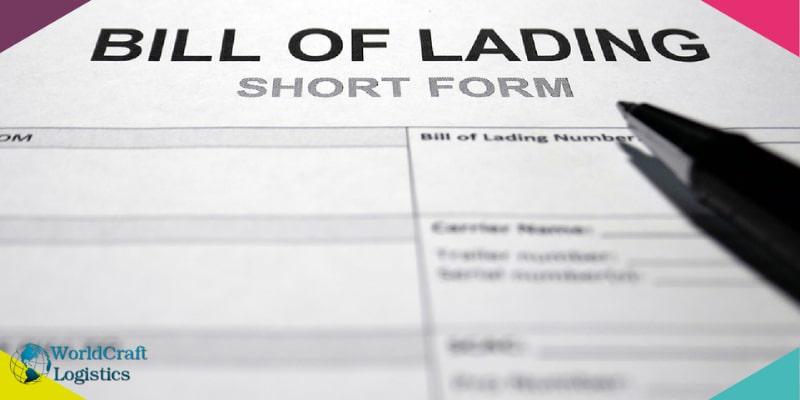
The final step of the process is referred to as import haulage by freight forwarders. When the goods leaves the import warehouse and reaches its destination, this phase is completed. Similar to export haulage, freight forwarders might select one or more modes of transportation according to the nature of the cargo and the distance from the warehouse to the final destination. The duration of the import haulage depends on the mileage and manner of transportation, but typically, the recipient receives their product anywhere from a few days to a few hours after it leaves the warehouse.
Worldwide, freight forwarders have to comply with several laws and regulations. The FWD for the US, UK, and Canada are listed here.
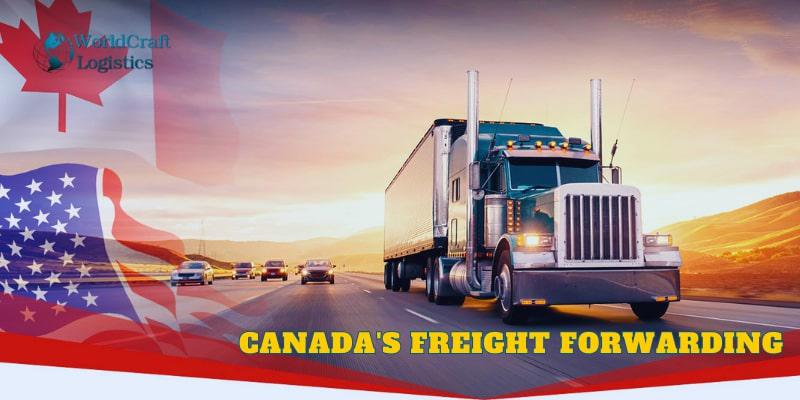
These services are handled by a government department within Canada. Programs related to transportation are implemented and enforced by Transport Canada. Enforcement of regulations is also handled by Canada's Border Services Agency. Numerous international freight forwarders are impacted by these laws. International safety is the main priority for these government services.
In 1948, the Canadian International Freight Forwarders Association (CIFFA) was founded. The standing, interests, and personalities of freight forwarders with foreign ownership are safeguarded and supported. They accomplish this by instituting standardized trade laws and procedures. Furthermore, CIFFA plays an educational function by offering freight forwarders certificate programs.
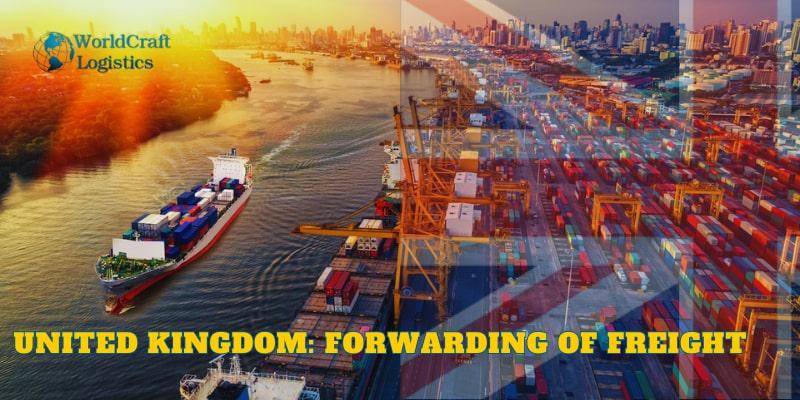
Freight forwarders in the UK are still operating without a license. Yet, a lot of people identify as members of the British International Freight Association, or BIFA. A significant trade group representing shippers with UK registrations, including forwarders, is BIFA. This includes businesses that use all forms of foreign transportation.
Approximately 1,500 corporations are currently members of BIFA. These businesses are mostly freight forwarders. They offer a broad range of worldwide services by train, water, air, and land.
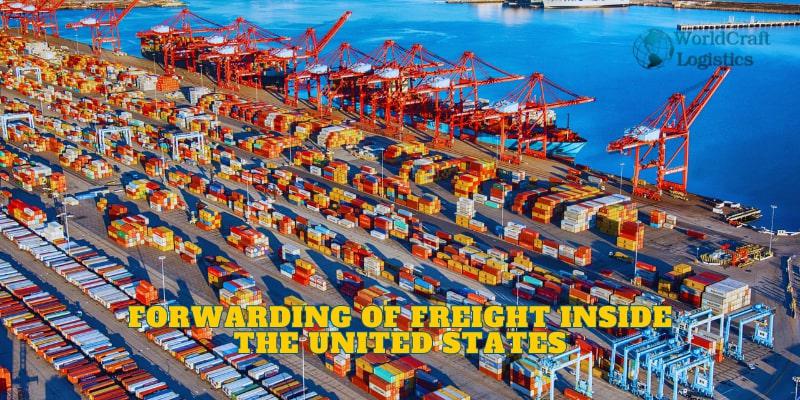
Those that handle domestic freight over the road in the US must register with the FMCSA, a division of the DOT. Comparable in function to the aforementioned organizations is the Federal Motor Carrier Safety Administration. These certified intermediaries act as carriers, taking in and moving cargo. They deliver the freight on their own bill of lading and are still responsible for it.
Shipments to and from the United States are arranged by international maritime freight forwarders. These forwarders have "Ocean Transportation Intermediaries" registered with the Federal Maritime Commission. For transportation intermediaries, NVOCCs and ocean freight forwarders are the two classification possibilities.
Forwarder of Ocean Freight. American companies that use common carriers to send shipments. On behalf of the shippers, they reserve or set up space for these shipments. Common Carrier Without a Vessel for Operation (NVOCC). These are common carriers that provide ocean transportation services to the general population. NVOCCs produce their own bill of lading or comparable paperwork. However, the ships used to convey the cargo are neither their property or means of operation.
The entire process is influenced by a variety of elements, just like any other logistics service. For customers, freight forwarding could appear to be a win-win scenario. However, before using a forwarder service, there are a few things to keep in mind. A few benefits and drawbacks of freight forwarding are listed below.
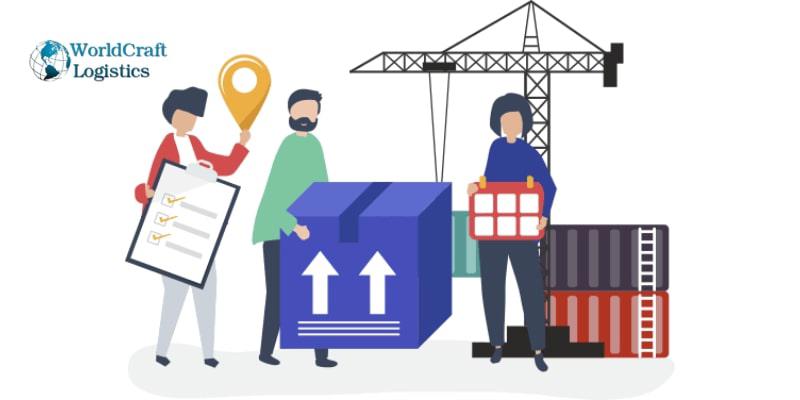
Based on the services a customer requires, freight forwarder services offer competitive pricing. By combining shipments from several clients, they can also reduce costs. This makes it possible to load numerous customers' cargo into a single full container. Additionally, this lowers the overall freight costs for shipments that are smaller than containers.
Typically, freight forwarders have a focus on a certain market, mode of transportation, or service. This gives the business the option to decide which services the forwarder will handle. As a result, the business has more control over how their package is handled.
When importing or exporting products, knowledge and experience are essential. The procedure for clearing customs is used to complete this task. The most current information on customs laws can be found from freight forwarding companies. They are also capable of managing paperwork, paying tariffs, and handling taxes.
The capacity of a freight forwarder to provide trade-related services is one of their primary advantages. Inventory management, freight insurance, bank paperwork, and documentation are a few of the services offered.
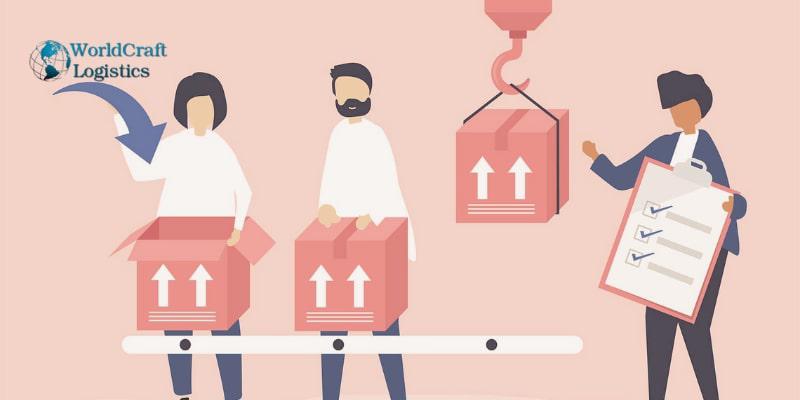
The people that move the shipment are frequently not the freight forwarding services. They therefore have very little control over what occurs on board the truck, train car, airplane, or ship. Furthermore, their involvement in the transit process is usually entirely passive.
Should you handle all paperwork and shipping, your expenses are under control. However, there is no way to find out what kind of service markup a freight forwarder is applying. A company's land transportation cost to a destination could be $2,500. A freight forwarder, on the other hand, may declare the price as $5,500 and take the $3,000 markup off the top.
Product loss is an unavoidable fact of some shipping procedures. Giving up control of the supply chain to a freight forwarder to handle every shipment might result in a loss of control. Everything will work out if the freight forwarder pays attention to detail. However, incompetence might cause shipments to suffer and result in losses.
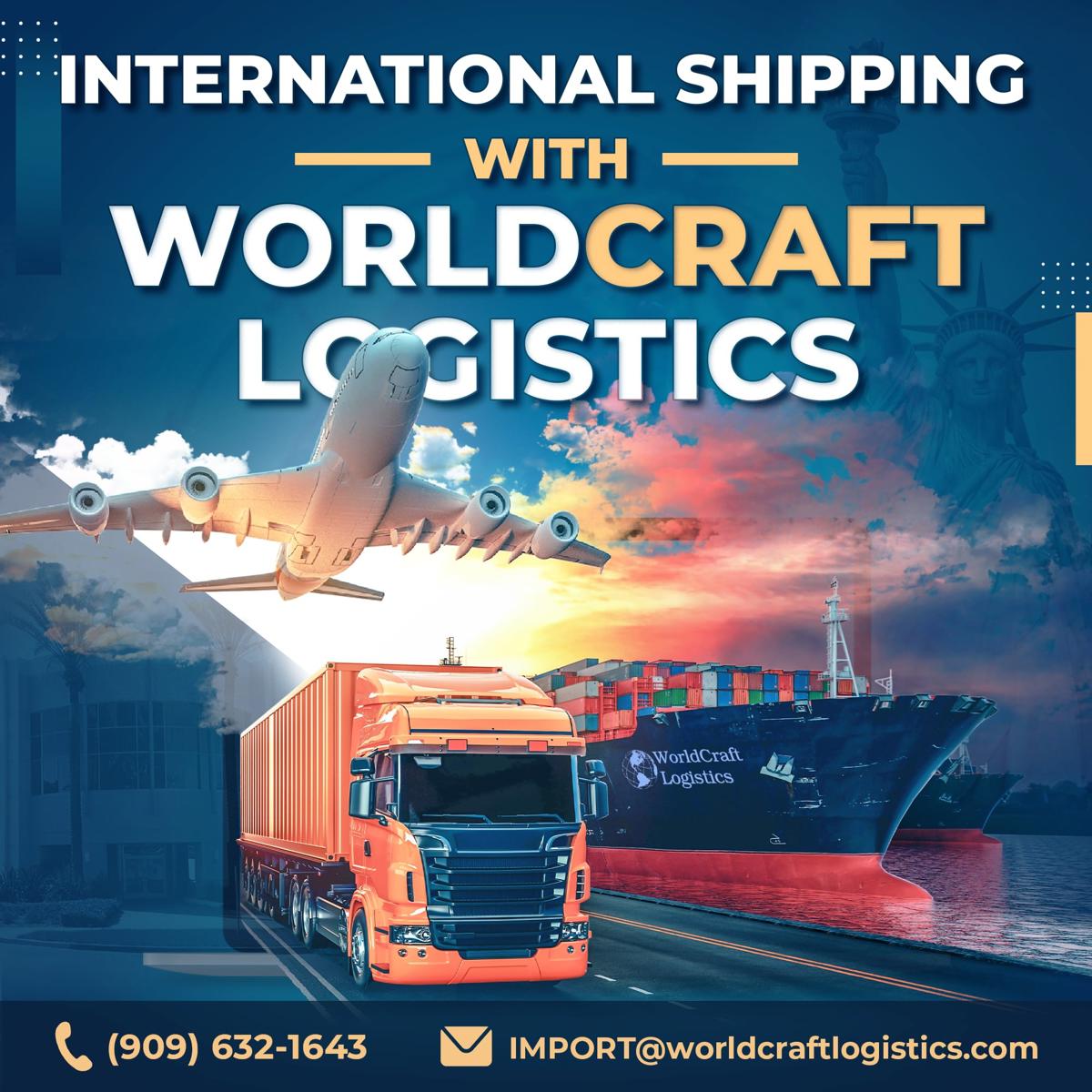
The global supply chain relies on the collaboration of numerous entities, including shippers, intermodal points, trucks, ships, trains, and planes, all contributing to the seamless movement of cargo. Freight forwarders play a crucial role in managing the logistics of connecting and maintaining routes and schedules across various modes of transportation.
At Worldcraft Logistics, we proudly serve as your dedicated freight forwarder, offering comprehensive logistics solutions for our satisfied customers. Our team of trained professionals is ready to assist you in shipping your goods to destinations worldwide. With offices in California, United States, as well as in China and Vietnam, we bring extensive experience in working with shippers and facilitating international cargo movements.
As a leading global logistics company, we stay abreast of the latest information and regulations that may impact your international shipments. We provide accurate estimates of shipping costs, coupled with exceptional customer service. Our transportation services leverage our expansive logistics network to ensure reliable transportation and complete customer satisfaction.
Contact Worldcraft Logistics to benefit from our expertise, minimize freight charges, and ensure the safe and efficient movement of your goods to their destination.
Related articles you will like:
SEO
Digital Marketing/SEO Specialist
Simon Mang is an SEO and Digital Marketing expert at Wordcraft Logistics. With many years of experience in the field of digital marketing, he has shaped and built strategies to effectively promote Wordcraft Logistics' online presence. With a deep understanding of the logistics industry, I have shared more than 500 specialized articles on many different topics.
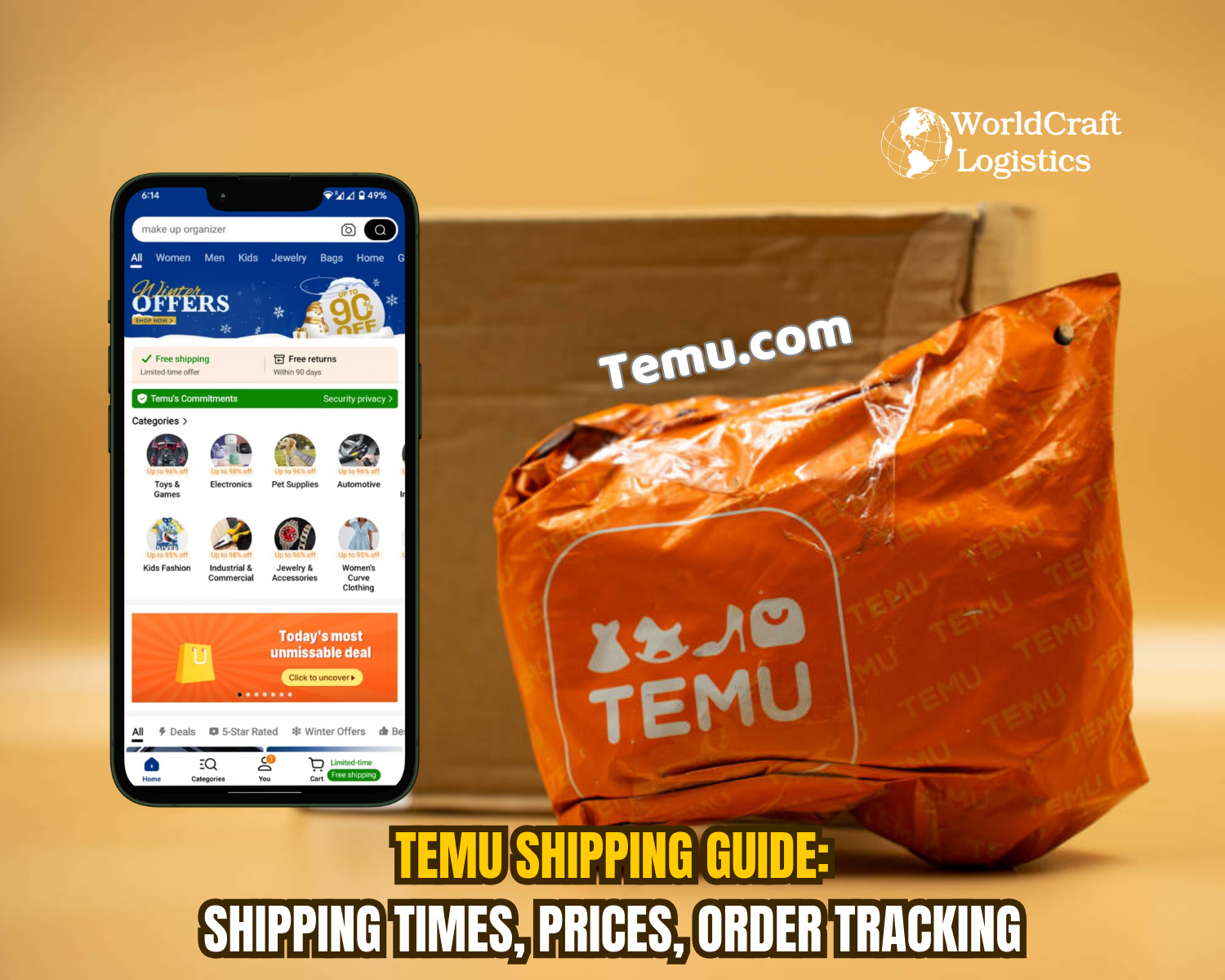
Education
01/05/2025

Education
02/18/2025
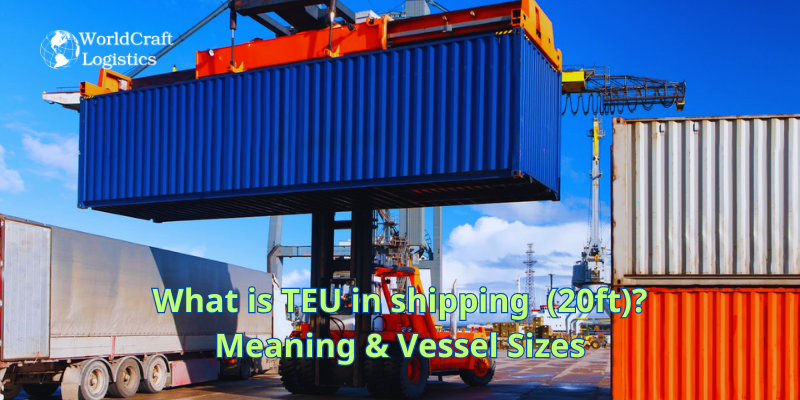
Education
01/01/2024
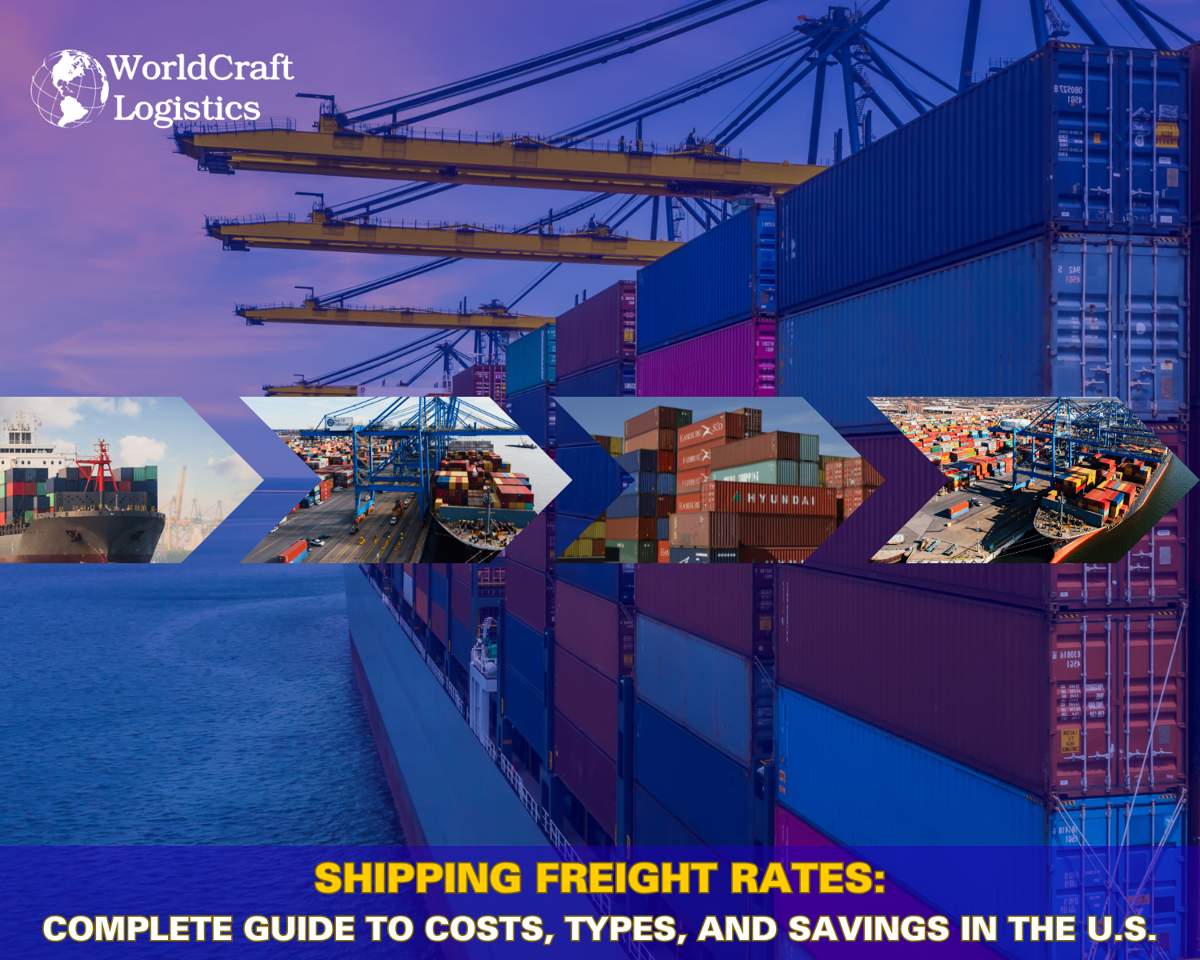
Education
09/09/2025
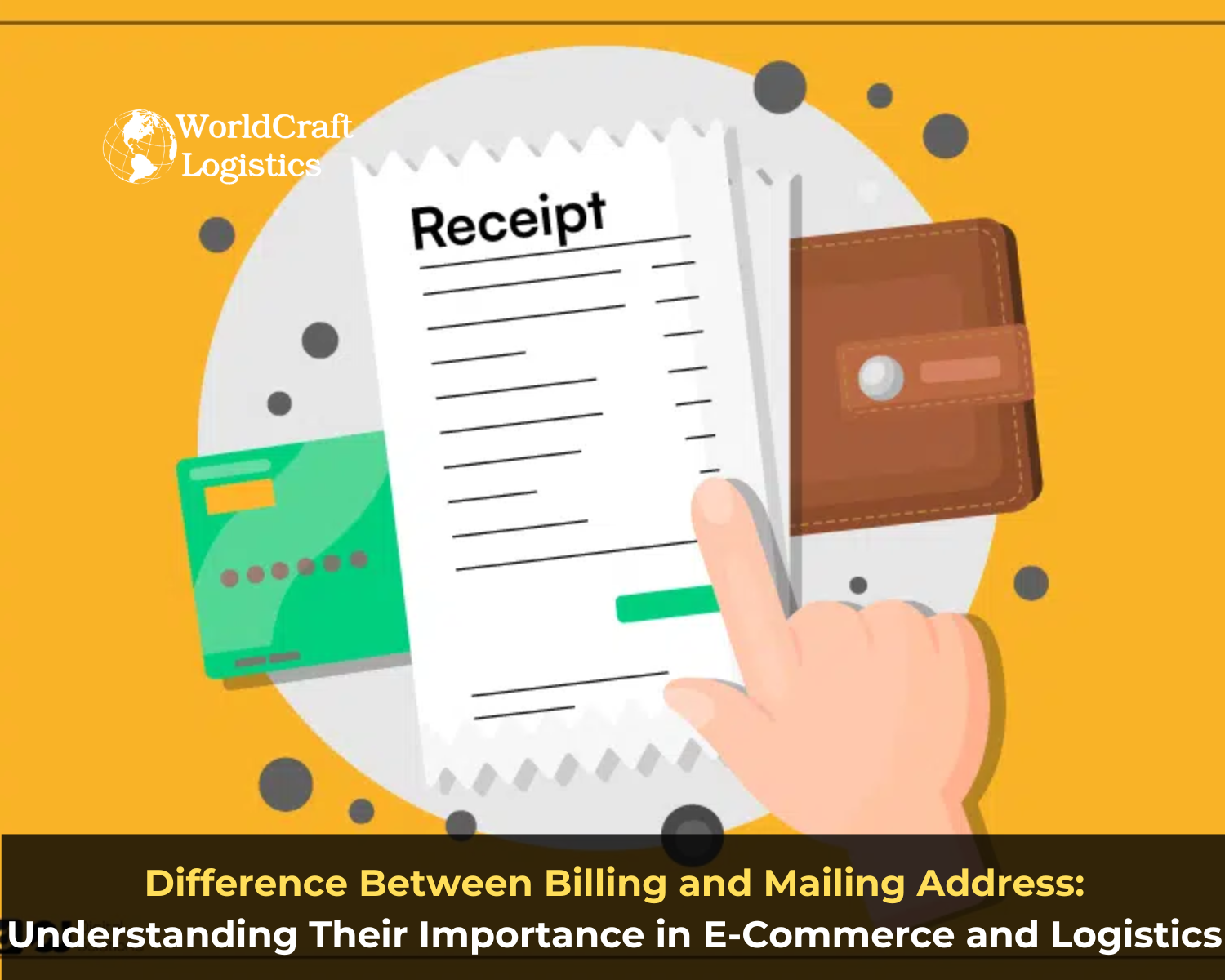
Education
08/28/2024